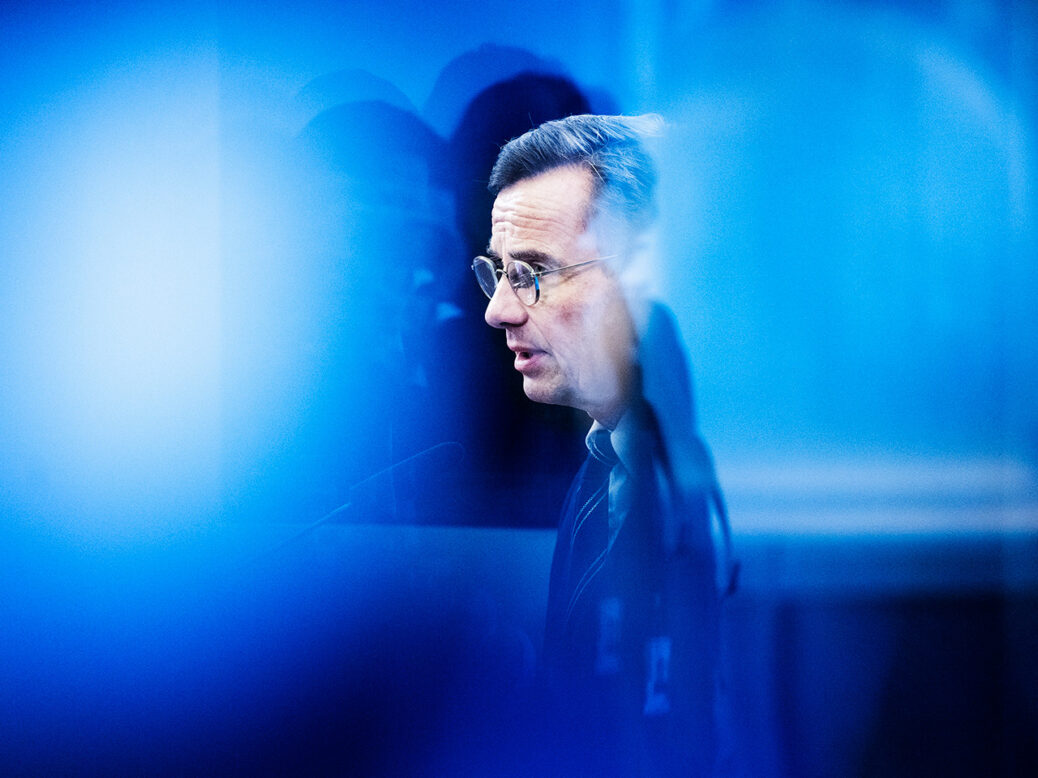
In Sweden it’s a new year with a new-ish government, but many of the same problems remain. Particularly when it comes to gang violence. Though the country set a dark record in 2022 – with more than 60 people killed by guns – 2023 hasn’t seen much in the way of improvements. A spate of attacks over the New Year’s period and in the first week of January has resulted in further fatal shootings and destruction caused by explosives set off in the suburbs of Stockholm.
None of this is new for Swedes. The Nordic nation has long been grappling with surging gun violence, largely related to the organised crime networks operating throughout the country. What is newer is the political stripe of the government now in charge of reducing it. The right-wing prime minister Ulf Kristersson came to power after a general election last September, with key support coming from the far-right Sweden Democrats (SD), a party with neo-Nazi roots. Both the SD and Kristersson’s Moderates ran on a platform of being tough on crime, underpinned by promises of tougher sentences and harsher immigration controls. As I’ve written before, this campaign was very effective with voters – so effective, in fact, that despite the extraordinary popularity of Sweden’s previous prime minister, Magdalena Andersson, her centre-left minority government was ousted.



